Modern Sea Slavery in Indonesia and Beyond
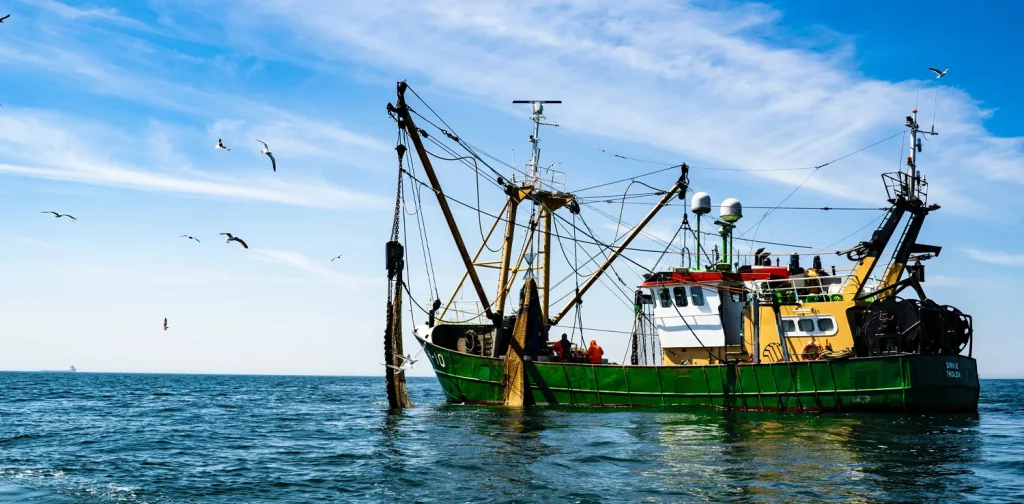
Photo: Paul Einerhand on Unsplash.
People work in search of a better future. Sometimes, this search brought them to the sea. The vast ocean seems to offer abundant opportunities. However, what may lurk behind the big ships with thousands of workers is modern sea slavery.
Sea slavery still exists today. We hear news and stories about overworked, underpaid workers on fishing boats almost every day. They are the victims of human trafficking and forced labor in the middle of the sea, without a means to escape and save themselves.
Sea Slavery
Human trafficking and forced labor at sea are two forms of modern slavery. In 2020, two workers from Indonesia jumped from the Qian Yua Yu 901 ship sailing through the Strait of Malacca to escape from the brutality on the boat. Vannak Anan Prum from Cambodia also faced a similar tragedy in 2006, when he was sold as slave labor and only managed to return home five years later.
Both cases have a similar scheme: the young men were first promised hefty salaries and then got tricked into working long hours on fishing vessels with little to no regard for their well-being. These cases represent the pattern of human trafficking and forced labor in the fishing industry. According to a report by International Organisation for Migration (IOM), the perpetrators often follow a certain pattern:
- Operating with full-scheme deceit to prevent victims from discovering the actual work situation waiting for them.
- Threatening violence in the form of physical and psychological torture on the boats.
- Confining victims in physical cages and confiscating important documents to restrict their movements.
- Trapping victims into debt.
The origin
Unraveling modern sea slavery is a long way down. An ILO report states that this phenomenon stems from the increasing global demand for fish, which results in massive, large-scale fishing. This results in a dwindling number of fish populations.
The rising demand also leads fishermen to shift from fishing individually in small boats to joining fishing crews in large fishing vessels. As of June 2019, almost 30,000 migrant fishers from Indonesia and the Philippines reportedly worked on Taiwanese distant water fishing vessels. The demand for workers in these vessels is high, while the number of workers in Asian regions also increases. These vessels then cut workers’ wages to reduce operational costs, gain large profit margins, and make the fish price more competitive.
Helpless victims
Indonesia’s National Fisheries Center recorded at least 90 reports with 280 victims between 2019-2022. “Unpaid Salary” is the most frequently reported among the reported cases. Furthermore, the victims were not given proper sustenance and healthcare facilities while working on the boats.
ILO states that “fishing workers are among the most exploited when compared with other migrant sectors.” The victims become helpless because there are no ways to escape while isolated in the sea.
The 2022 Trafficking in Persons Report by U.S. Embassy in Indonesia reveals that several fishing vessels forced Indonesian workers to stay on the boats and work until their contracts ended and the companies found their replacements. They also promised to send the workers’ paychecks directly to their families. However, after months of drifting on the sea, many workers discovered no money was sent.
Recommendations
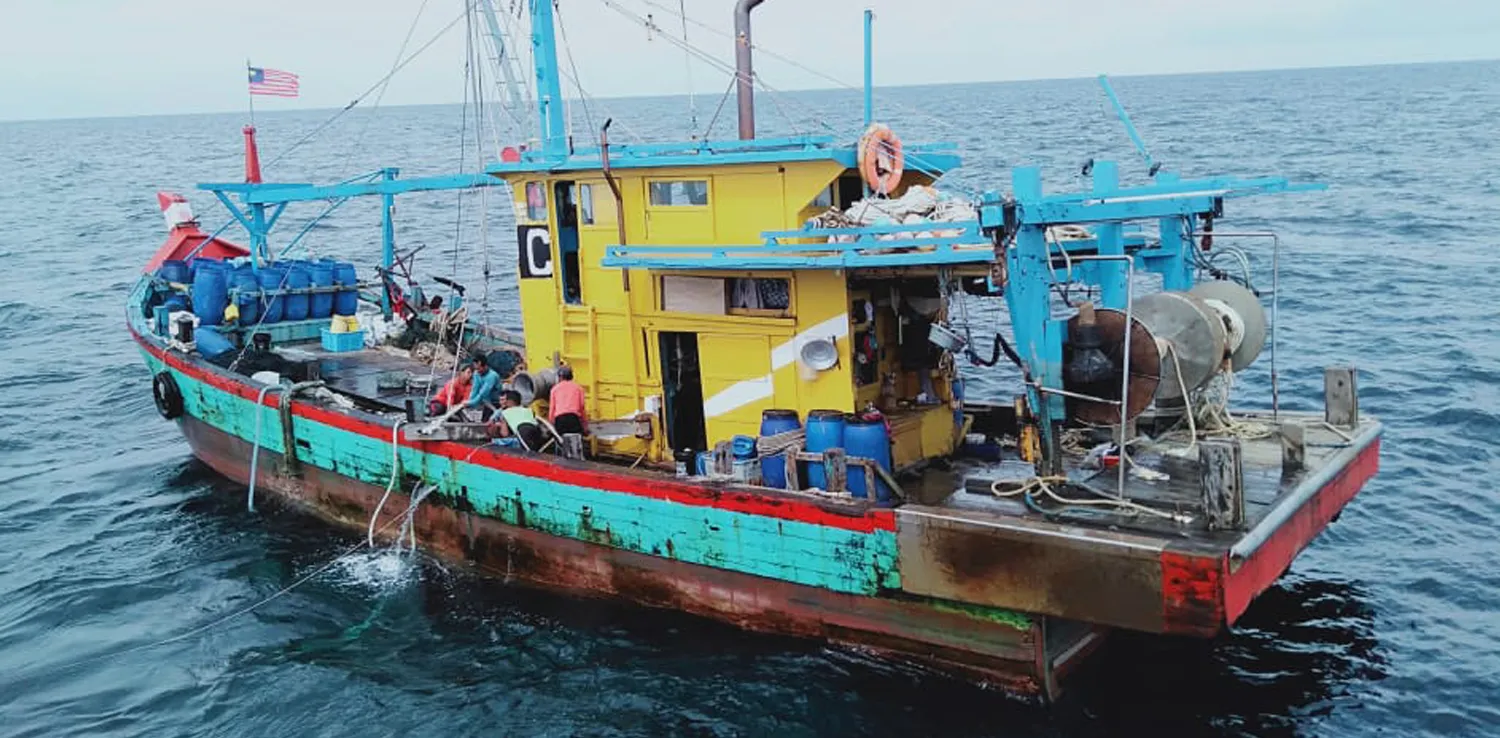
The U.S. Embassy report further reveals data indicating that the government of Indonesia has yet to meet the minimum standards for eliminating trafficking. Therefore, the report recommends priority actions to combat modern sea slavery. The complete recommendations are available in the report, but several are as follows:
- Develop and implement mandatory pre-departure and post-arrival orientation and training for Indonesian and migrant fishermen to provide information on labor rights and safety at sea and ensure employers cover the costs of orientation and training.
- Increase efforts to vigorously investigate, prosecute, and convict traffickers under the 2007 law, including complicit officials who ignore, facilitate, or engage in trafficking crimes.
- Increase resources for the anti-trafficking task force and improve its coordination across ministries.
- Finalize and implement a national action plan to combat trafficking.
- Increase awareness of trafficking trends and vulnerabilities among local village leaders.
Tackling modern sea slavery is the responsibility of all countries. As thousands of migrant workers in ASEAN countries are still under the shackles of forced labor, employing a multi-stakeholder approach is essential to eradicate slavery. “ASEAN must coordinate, collaborate and cooperate with the entire industry and global community, including businesses, governments, civil societies, and consumers to participate and accelerate the pace of reform,” Greenpeace consultants Annisa Erou and Tashryn Mohd Shahrin wrote in The Jakarta Post.
Translator: Kresentia Madina
Read the original article in Indonesian at Green Network Indonesia.
Thank you for reading!
If you find this content useful, join GNA-International Annual Individual Membership and gain unlimited online access to all news and stories, including Exclusive Content that showcases sustainable development and sustainability cross-sectoral insights from multi-stakeholders in governments, businesses, and civil society in the Asia Pacific and beyond.
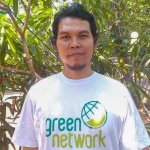
Abul Muamar
Amar is the Indonesian Editor at Green Network Asia. He graduated from Universitas Gadjah Mada with a master's degree in Philosophy and Universitas Sumatera Utara with a bachelor's degree in Communication Science. He has ten years of professional experience in journalism.


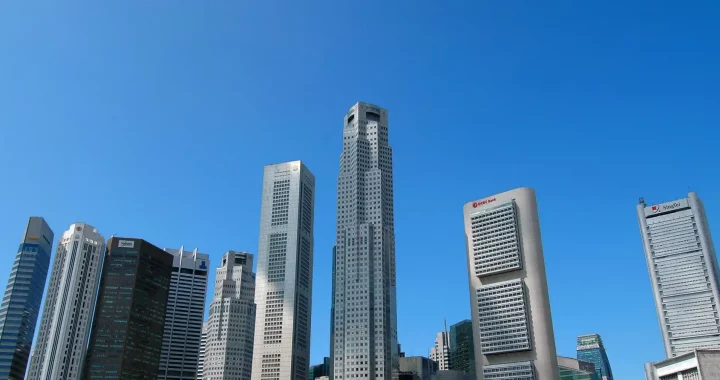 Revealing the Reality of Global Corporate Climate Actions
Revealing the Reality of Global Corporate Climate Actions  Key Growth Trends for SMEs in Asia Pacific
Key Growth Trends for SMEs in Asia Pacific 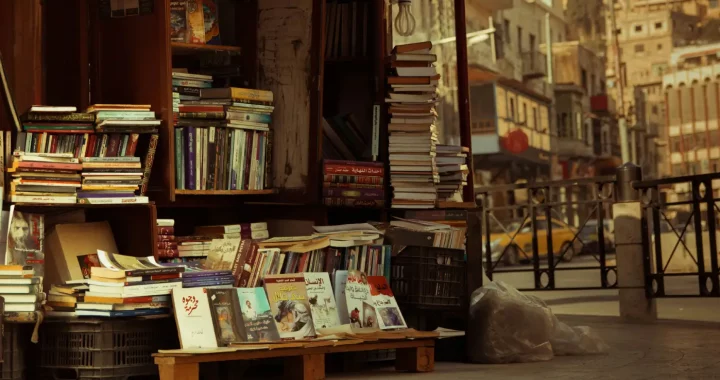 Books, Libraries, and Communities in the Time of Crisis
Books, Libraries, and Communities in the Time of Crisis 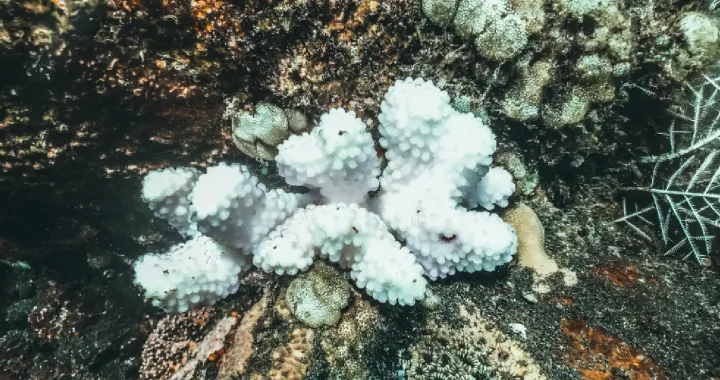 Halting Coral Bleaching Is an Urgent Matter
Halting Coral Bleaching Is an Urgent Matter 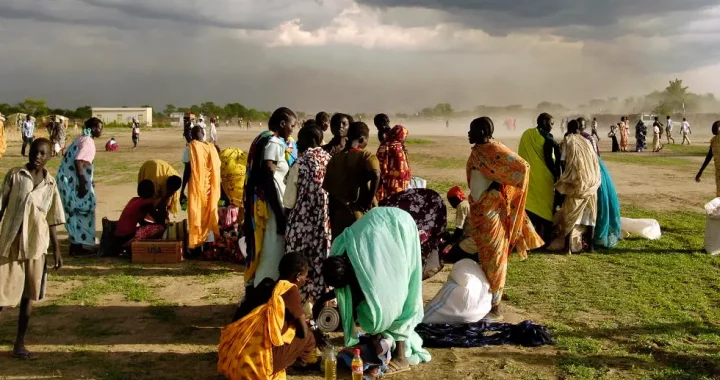 How Climate Protection is a Human Right
How Climate Protection is a Human Right 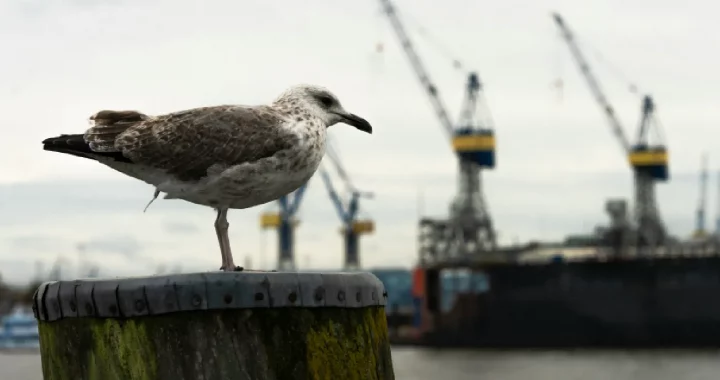 UK’s Biodiversity Net Gain Requires Development Projects to Create Positive Impact on Nature
UK’s Biodiversity Net Gain Requires Development Projects to Create Positive Impact on Nature